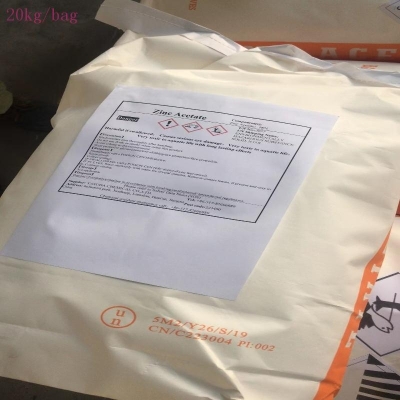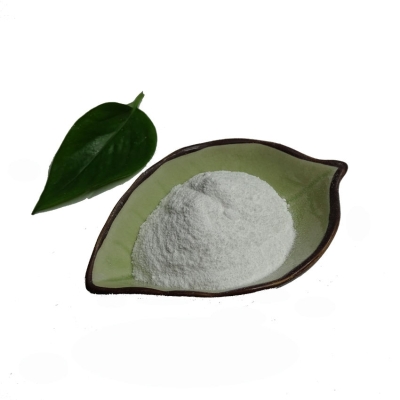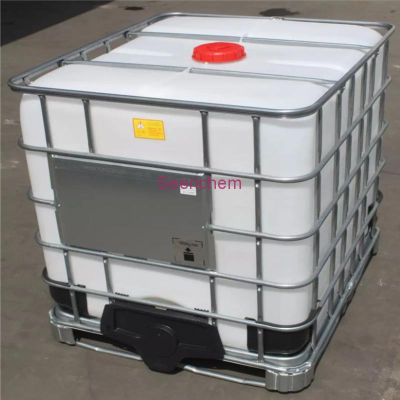-
Categories
-
Pharmaceutical Intermediates
-
Active Pharmaceutical Ingredients
-
Food Additives
- Industrial Coatings
- Agrochemicals
- Dyes and Pigments
- Surfactant
- Flavors and Fragrances
- Chemical Reagents
- Catalyst and Auxiliary
- Natural Products
- Inorganic Chemistry
-
Organic Chemistry
-
Biochemical Engineering
- Analytical Chemistry
-
Cosmetic Ingredient
- Water Treatment Chemical
-
Pharmaceutical Intermediates
Promotion
ECHEMI Mall
Wholesale
Weekly Price
Exhibition
News
-
Trade Service
In response to the excessive input of chemical fertilizers, on February 10, the Ministry of Agriculture issued a notice on the "Development of the Action Plan for Organic Fertilizer Substitution of Fruit Vegetable Tea", requiring the implementation of the action of replacing chemical fertilizer with organic fertilizer, focusing on the production of fruit vegetable tea.
This action will affect the fertilizer market demand.
The plan requires that by 2020, the fertilizer consumption in the advantageous production areas of fruit and vegetable tea will be reduced by more than 20%, and the consumption of fertilizer in the core fruit and vegetable tea production areas and well-known brand production bases (parks) will be reduced by more than 50%.
It is understood that the current application of chemical fertilizers in China is generally high, much higher than that of developed countries such as the United States and the European Union.
In particular, the amount of fertilizer used for fruits and vegetables is larger.
The amount of fertilizer per mu for fruit trees is more than twice that of Japan, 6 times that of the United States, and 7 times that of the EU.
The amount of fertilizer per mu for vegetables is 12.
8 kg higher than that of Japan and 29.
7 kg higher than that of the United States.
The EU height is 31.
4 kg.
The alternative plan focuses on four crop varieties, namely: citrus, apples, tea, and protected vegetables, using organic fertilizers instead of chemical fertilizers through a pilot program and then a comprehensive promotion.
According to the plan, in 2017, 100 key counties (cities, districts) of fruit and vegetable tea will be selected to carry out demonstrations of organic fertilizer replacement of chemical fertilizers, to create a batch of well-known fruit and vegetable tea brands, and to integrate a batch of replicable, extendable and sustainable production of organic fertilizer instead of chemical fertilizer.
The operation mode is to build a batch and build a batch.
Strive to use 3 to 5 years to initially establish an organizational method and policy system for replacing chemical fertilizers with organic fertilizers, integrate and promote the production technology model of replacing chemical fertilizers with organic fertilizers, and build a long-term mechanism for replacing chemical fertilizers with organic fertilizers for vegetable tea.
Statistics show that China has more than 30 million mu of apple planting area, 43 million mu of tea plantation area, more than 30 million mu of citrus area, and more than 57 million mu of facility vegetables.
The crop planting areas mentioned in the plan are basically the dominant production areas.
Traditionally, the use of chemical fertilizers is large and the demand is strong.
Experts pointed out that if the action goal is achieved as planned, it will have a great impact on the sales of fertilizers in the above-mentioned crop production areas.
The market share of fertilizer companies may decline sharply, and organic fertilizers will be favored.
Therefore, traditional fertilizer manufacturers should transform as soon as possible, take advantage of their inherent advantages and brand advantages in the fertilizer field, vigorously develop organic fertilizers, and become a leader in the organic fertilizer industry.
This action will affect the fertilizer market demand.
The plan requires that by 2020, the fertilizer consumption in the advantageous production areas of fruit and vegetable tea will be reduced by more than 20%, and the consumption of fertilizer in the core fruit and vegetable tea production areas and well-known brand production bases (parks) will be reduced by more than 50%.
It is understood that the current application of chemical fertilizers in China is generally high, much higher than that of developed countries such as the United States and the European Union.
In particular, the amount of fertilizer used for fruits and vegetables is larger.
The amount of fertilizer per mu for fruit trees is more than twice that of Japan, 6 times that of the United States, and 7 times that of the EU.
The amount of fertilizer per mu for vegetables is 12.
8 kg higher than that of Japan and 29.
7 kg higher than that of the United States.
The EU height is 31.
4 kg.
The alternative plan focuses on four crop varieties, namely: citrus, apples, tea, and protected vegetables, using organic fertilizers instead of chemical fertilizers through a pilot program and then a comprehensive promotion.
According to the plan, in 2017, 100 key counties (cities, districts) of fruit and vegetable tea will be selected to carry out demonstrations of organic fertilizer replacement of chemical fertilizers, to create a batch of well-known fruit and vegetable tea brands, and to integrate a batch of replicable, extendable and sustainable production of organic fertilizer instead of chemical fertilizer.
The operation mode is to build a batch and build a batch.
Strive to use 3 to 5 years to initially establish an organizational method and policy system for replacing chemical fertilizers with organic fertilizers, integrate and promote the production technology model of replacing chemical fertilizers with organic fertilizers, and build a long-term mechanism for replacing chemical fertilizers with organic fertilizers for vegetable tea.
Statistics show that China has more than 30 million mu of apple planting area, 43 million mu of tea plantation area, more than 30 million mu of citrus area, and more than 57 million mu of facility vegetables.
The crop planting areas mentioned in the plan are basically the dominant production areas.
Traditionally, the use of chemical fertilizers is large and the demand is strong.
Experts pointed out that if the action goal is achieved as planned, it will have a great impact on the sales of fertilizers in the above-mentioned crop production areas.
The market share of fertilizer companies may decline sharply, and organic fertilizers will be favored.
Therefore, traditional fertilizer manufacturers should transform as soon as possible, take advantage of their inherent advantages and brand advantages in the fertilizer field, vigorously develop organic fertilizers, and become a leader in the organic fertilizer industry.







